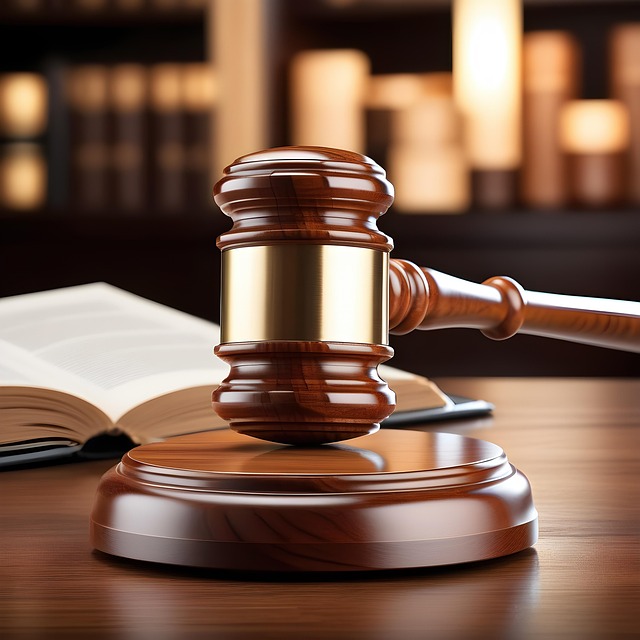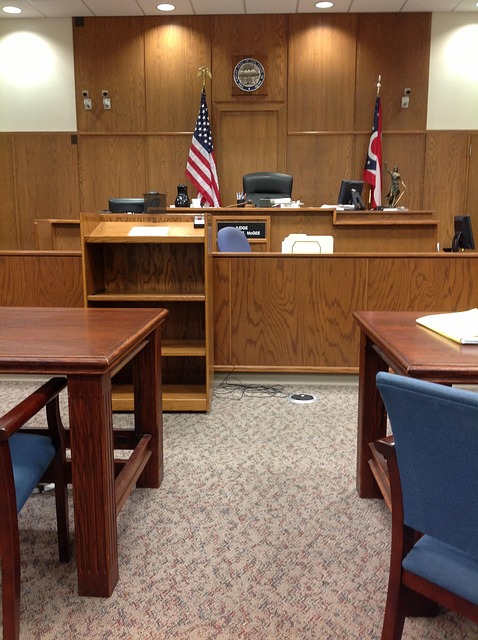The healthcare industry hinges on understanding the Differences Between Administrative and Civil Proceedings. While civil lawsuits seek damages for harm, administrative actions focus on public safety through sanctions. This distinction shapes legal strategies in medical malpractice cases, where patient rights and protections are paramount. Navigating these differences requires specialized representation and a comprehensive approach to achieve favorable outcomes.
In the complex landscape of healthcare, legal issues are an intricate part of daily operations. This article explores critical aspects of healthcare law, focusing on administrative and civil proceedings. We delve into the nuances of administrative law, its impact on healthcare facilities, and how it differs from civil liability cases involving patient rights. Additionally, we provide insights into navigating legal disputes, offering strategies for resolution. Understanding these differences is essential for healthcare professionals to ensure compliance and protect patient interests.
- Understanding Administrative Law in Healthcare
- Civil Liability: Patient Rights and Protections
- Navigating Legal Disputes: Strategies for Resolution
Understanding Administrative Law in Healthcare
In the complex landscape of healthcare, Administrative Law plays a pivotal role in governing practices and ensuring compliance. Unlike Civil Proceedings that focus on resolving disputes between private parties, Administrative Law deals with regulatory bodies and government agencies overseeing healthcare institutions. Understanding this distinction is crucial for navigating legal issues effectively. The differences lie not just in procedure but also in the nature of the claims and penalties; while civil lawsuits aim to achieve compensation for harm, administrative actions often result in sanctions or license revocations, emphasizing public safety.
For instance, when a general criminal defense attorney handles a case involving medical malpractice, they must grasp how administrative regulations differ from traditional legal principles. These regulations govern everything from patient records management to infection control protocols. By comprehending Administrative Law, healthcare providers and their legal representatives can better prepare for potential investigations, ensuring they defend against charges not just legally but also in adherence to the specific standards of the industry, ultimately striving for extraordinary results for their clients.
Civil Liability: Patient Rights and Protections
When discussing healthcare legal issues, understanding civil liability is paramount. Patient rights and protections are a cornerstone of this area, focusing on ensuring medical professionals adhere to acceptable standards of care. The differences between administrative and civil proceedings play a significant role in how these cases are handled. Administrative processes often involve regulatory bodies investigating and imposing penalties for violations, while civil proceedings allow patients to seek damages directly from healthcare providers or facilities.
The former is more focused on discipline and oversight, whereas the latter aims to compensate victims for any harm suffered due to negligence or malpractice. In terms of representation, corporate and individual clients may require different approaches; a general criminal defense strategy might not be suitable for white-collar defense in healthcare cases, where nuanced expertise is crucial. Patient rights advocates push for stronger protections, emphasizing the need for transparent processes and fair compensation to ensure public trust in the healthcare system.
Navigating Legal Disputes: Strategies for Resolution
Navigating Legal Disputes: Strategies for Resolution
When it comes to healthcare legal issues, understanding the nuances between administrative and civil proceedings is crucial. While both involve addressing legal disputes, they differ significantly in scope and outcome. Administrative proceedings typically focus on regulatory compliance and are often initiated by government agencies or health insurance providers. These cases deal with issues like licensing, reimbursement, and patient rights, where the goal is usually to ensure adherence to established rules and guidelines. On the other hand, civil proceedings involve private disputes between individuals or entities, such as medical malpractice suits or contract disagreements. Here, the primary objective is to seek compensation for damages or breach of agreement.
In addressing these legal issues, healthcare professionals should consider tailored strategies. For administrative matters, a proactive approach may include staying abreast of changing regulations and maintaining meticulous records. Collaboration with legal counsel specializing in healthcare law can also prove invaluable in navigating complex rules and procedures. When dealing with civil disputes, early case assessment is key. This involves evaluating the strength of the case, potential liabilities, and available defenses. For clients facing white collar and economic crimes allegations across the country, a comprehensive strategy should encompass both administrative and civil aspects, ensuring comprehensive legal representation tailored to their unique circumstances.
In navigating healthcare legal issues, understanding the nuances of administrative and civil proceedings is paramount. While administrative law guides regulatory compliance and internal processes, civil liability focuses on patient rights and protections. By recognizing these differences, healthcare providers can develop effective strategies for dispute resolution, ensuring patient welfare and organizational integrity. This knowledge equips them to handle legal challenges efficiently, fostering a safer and more accountable healthcare environment.






